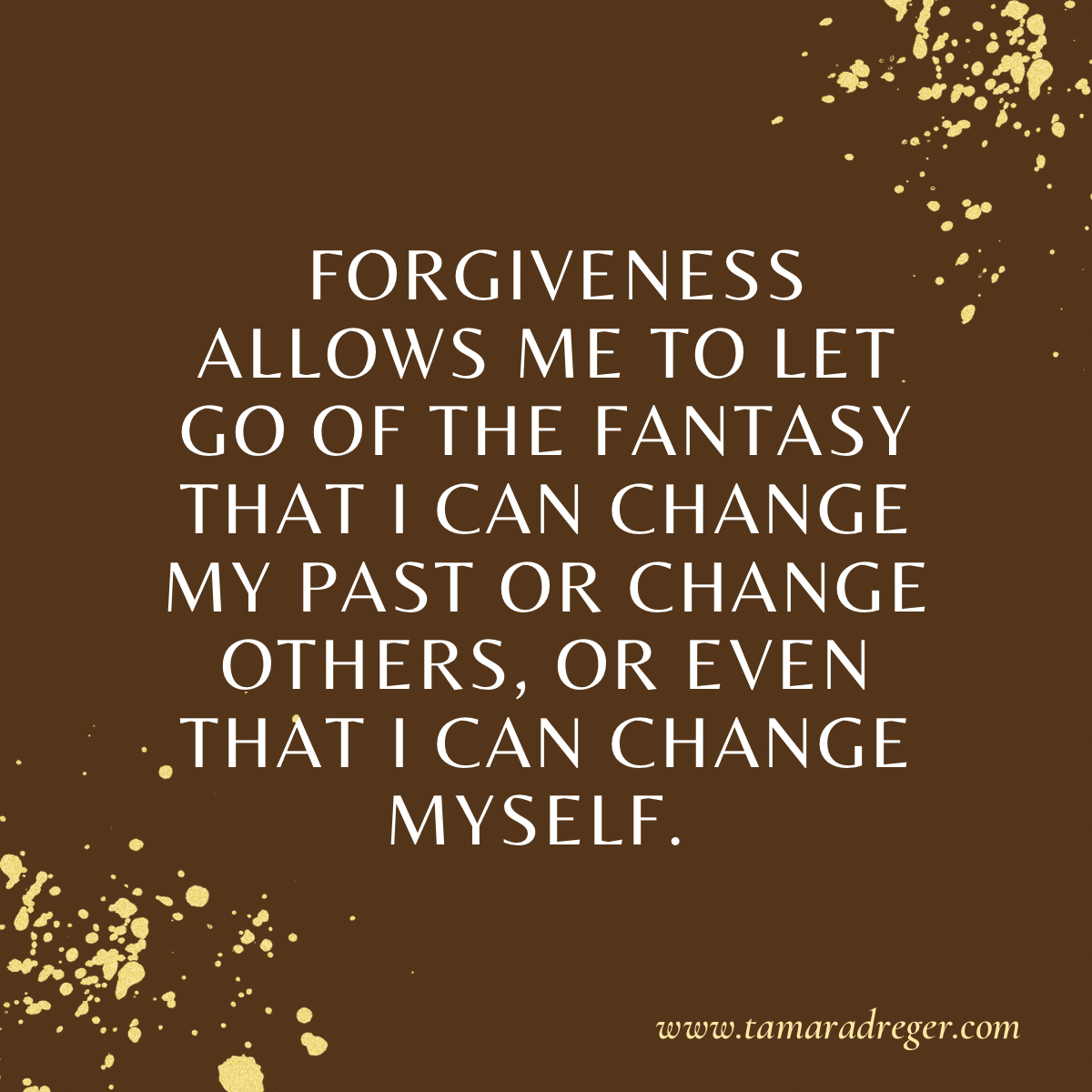Unlearning and Learning: Forgiveness
I have a confession: I took an entire course titled “Forgiveness” at the graduate level and I still am predominantly unsure about the whole thing.
That course slammed into my heart and spirit unexpectedly. I remember delving into hurts that I thought were long behind me and clamoring for reconciliation in my soul.
I fully embrace that forgiveness doesn’t mean to forget. I recognize that forgiveness doesn’t necessarily mean restoration of relationship.
I also fully embrace that forgiveness is not easy and often does not make sense.
Do I have to forgive? What if I don’t? How do I forgive while also validating the depth and pain of the behavior? How do I forgive, while also affirming the destruction to me, my life, my family, my sense of self? Does forgiveness mean I need to see the other person in a particular way? Do I have to be able to see positive attributes? How can I forgive a person who has passed on, or even whom I have never met? Do I have to forgive institutions or history or culture that has wounded me? In what ways does forgiveness bring freedom - or not?
How does forgiveness bring greater depth in my spirit, and in my relationship to the Great Spirit? How does forgiveness bring peace and joy? Does it - really?
I sense forgiveness is not what I often have perceived. Forgiveness is, perhaps, so much more complex than what has often been implied and taught. It is so much more. And so much more beautiful and good.
I recently ran across a reflection by Richard Rohr on the topic of forgiveness. Rohr observes that Jesus reveals how to bear the pain of the world rather than handing on the pain to those around you. Maybe it is foolish to resist suffering. Rather, pain should be welcomed because this leads to a broad and spacious place where we can live in the abundance of Divine Love. I am not sure how this happens, but I think it has something to do with shifting the focus away from ourselves and away from that which has wounded us, and instead to be made whole in the Presence of the Creator.
Rohr says that, “Forgiveness is to change the egoic investment in your painful story.”
Wait, what?
“Forgiveness is to change the egoic investment in your painful story.”
I don’t quite understand the fullness of what this means, but I sense in my spirit that this is key to the freedom of forgiveness.
“Forgiveness is to change the egoic investment in your painful story.”
This shift sounds difficult - and even somehow humiliating - but I believe it is a posture of great freedom and joy.
To forgive is to entirely shift the focus away from self-absorptive thoughts and motives and emotions and wounds and to release our offended identity. To forgive, is to find our identity on a completely different level: the Divine level.
See, it is not about the someone or something that stands in need of forgiveness, no matter how real and true and deep and consequential the pain and injustice and wrong and impact may be. It is that there is Someone and Something exponentially bigger and greater.
I want to be free. I don’t want to be controlled by my feelings, ego, or offenses against me. I want to live in Divine Identity. Do you?
But how? What does it look like? What does it feel like? How is it lived out?
Answers to these questions allude me. I think, instead, I will lean into a posture of forgiveness rather than searching for answers or following formulas.
Forgiveness allows me to let go of the fantasy that I can change my past or change others, or even that I can change myself.
Forgiveness has the capacity to move me from a selfish illusion into a beautiful reality of love and connection and reconciliation and freedom. That is where I want to live.
